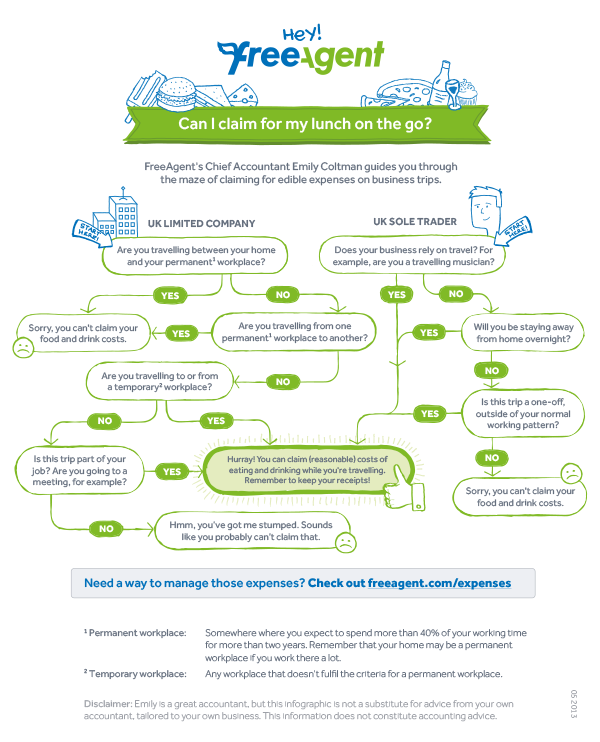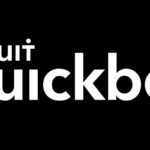Podcast: Play in new window | Download | Embed
To download the audio file to your computer, please right click on this link and choose save link as, or save target as, depending on your browser.
If you would rather read while you listen or you prefer to just read without the audio or video, we have provided the full transcript further down the page for you.
Be a part of the Financial Gym Inner Circle for Free. Pop your email in the box below and be amongst the first to get:
- Updates on ways to improve your day to day business money and productivity issues
- Free video tips and tutorials
- Downloads and templates to keep and use in your business
Click here to subscribe to my mailing list
Transcript
Are you one of those entrepreneurs or independent business owners who does everything you need to do to keep your business going?
You market well, you take care of your customers, and you handle your money or so you feel. Because every time someone asks you a question about your finances, it’s guaranteed it will be the one question that you can’t answer! Why is that?
You’re here probably because you do get asked questions, or you ask yourself questions about your finances where you just don’t have a clue not only how to answer them, but sometimes even where to look for the answer.
Well in my day to day business, I’m always asked various questions whether they be general financial questions, or questions specific to that particular client’s needs.
So just this week, I’ve been asked these questions already and it’s only Tuesday!
“I need to take X amount of money from the business to live on. Can I afford it?”
“This is how much sales I’m making at the moment. How much tax will I pay at the end of the year?”
“I keep putting money into the business; when will I be able to take it back out again?”
“We want to move into new premises, so I want to know if there’s going to be enough money to pay the rent?”
“Should I register for VAT?”
“When moving abroad, should we incorporate in the country we are moving to, or should we still keep the business as UK based?”
And the last one, which is my favourite and I get asked this every week:
“How come if I’m making all these sales, money is still tight?”.
In fact a few months ago, I got this little message through Facebook and the question was:
“Am I a six figure business yet?” and I replied “Yes, you really are.”
Now a few things are apparent. First of all, questions are asked in a financial form but they are really quite personal, or about the business as a whole. And even though these questions all seem quite different; I realised that the answer that I gave to pretty much all of them was the same.
In fact, it’s not even an answer; it’s actually a question that I was going to give to all of them:
“How up to date is your bookkeeping?” or “How recent are your accounts?”
And the answers that I was getting were things like:
“We’ve done nothing since the accountant did them however many months ago.”
“We’re fairly up to date but there’s some stuff missing.”
“Nothing at all. I haven’t even got bookkeeping or accounts.”
This is the number one reason why you usually find that you can’t answer the fundamental financial questions about your business that you need to know in order to make the bigger decisions.
The reality is that I could guess a lot of these questions. Because people think that I know about these things, they think that I’m able to just figure out the answer. I don’t figure out anything, I use facts. And the facts come from the data that we take from your business.
So if you don’t have the data, you don’t have the answer.
You know where I’m going with this, don’t you? Get your data, bookkeeping, accounts – whatever you want to call it – up to date! You don’t want to be working any more than a month in arrears because that is how quickly you need to know where you are to turn things around.
I’ve got a client who went through a rough time recently simply because they thought things were worse than they were, and when we brought them up to date, we saw that actually it wasn’t all that bad.
So bear with me on this one. Do what you need to do. It will pay off in the end.







